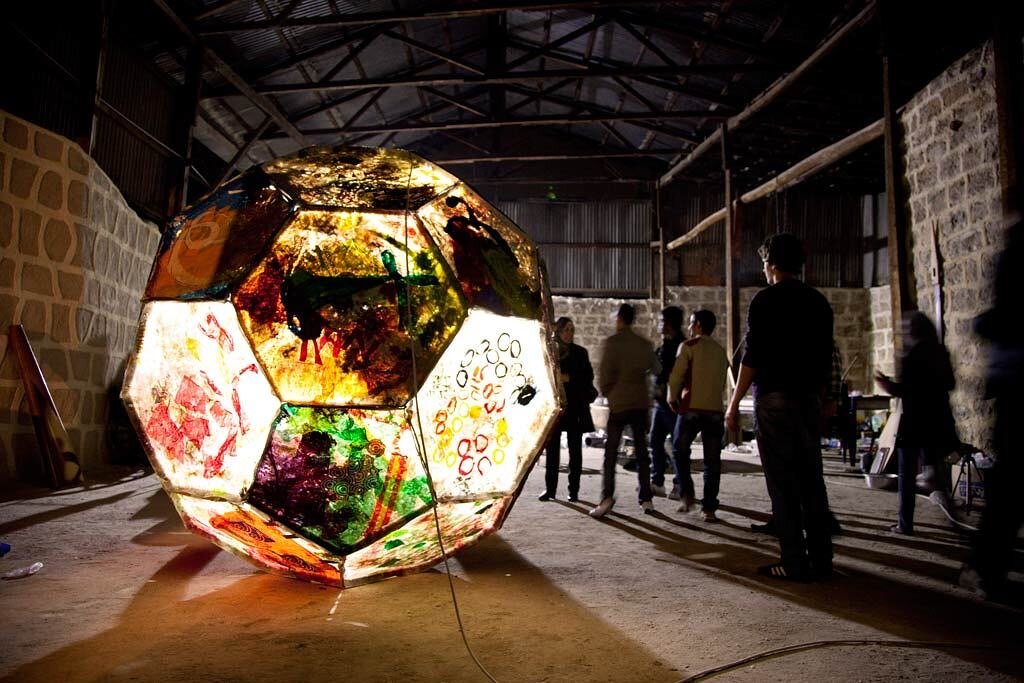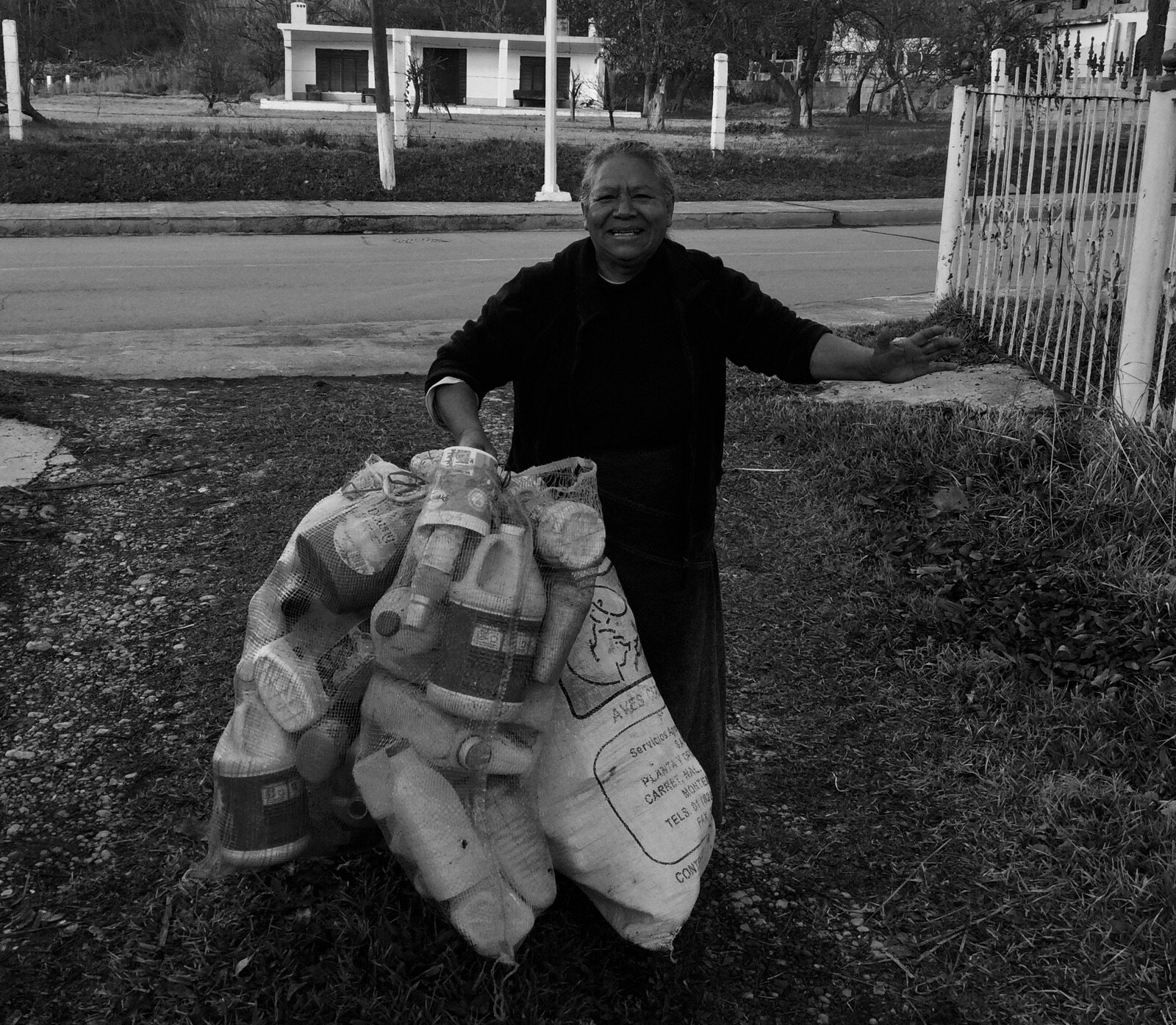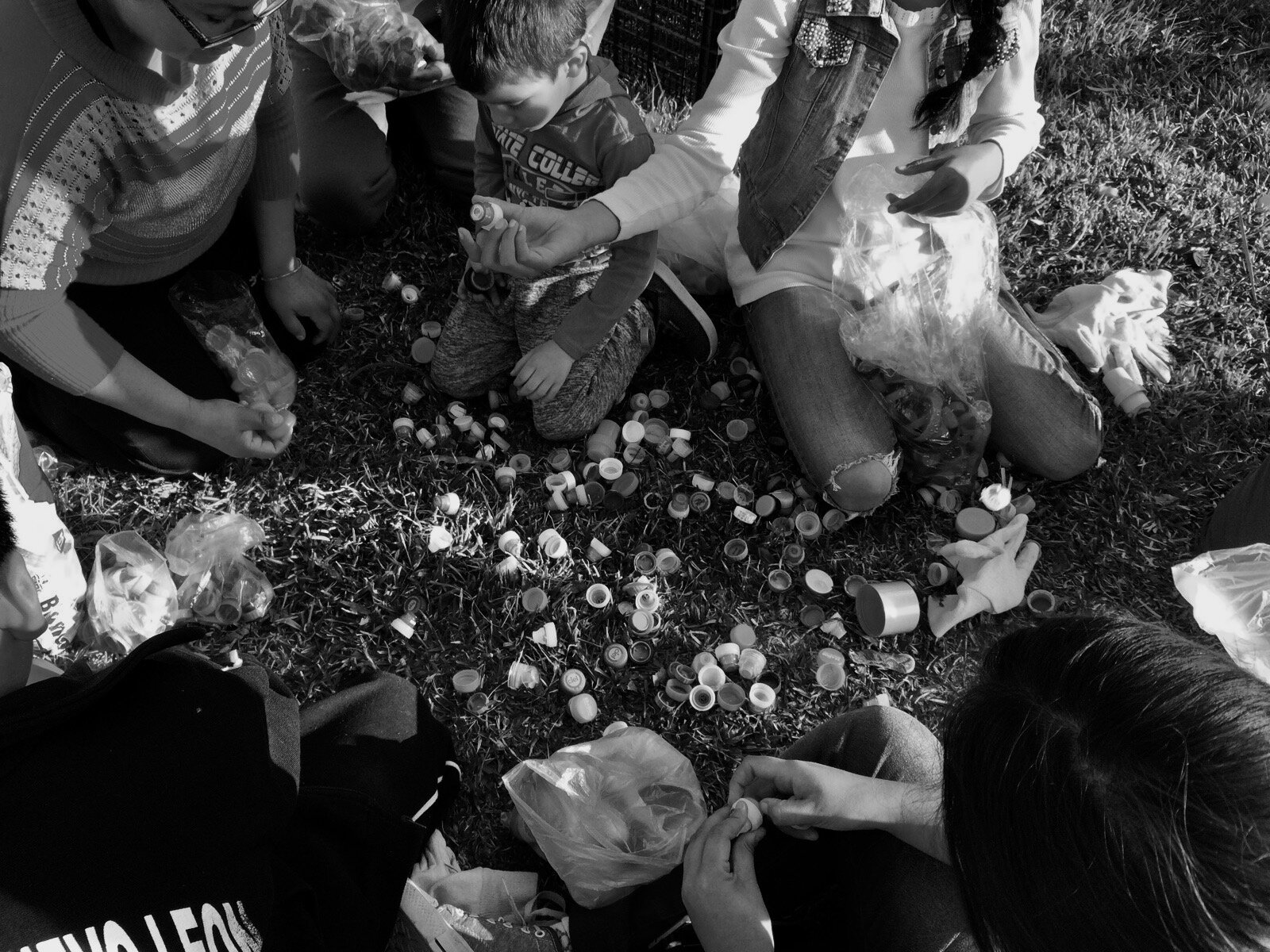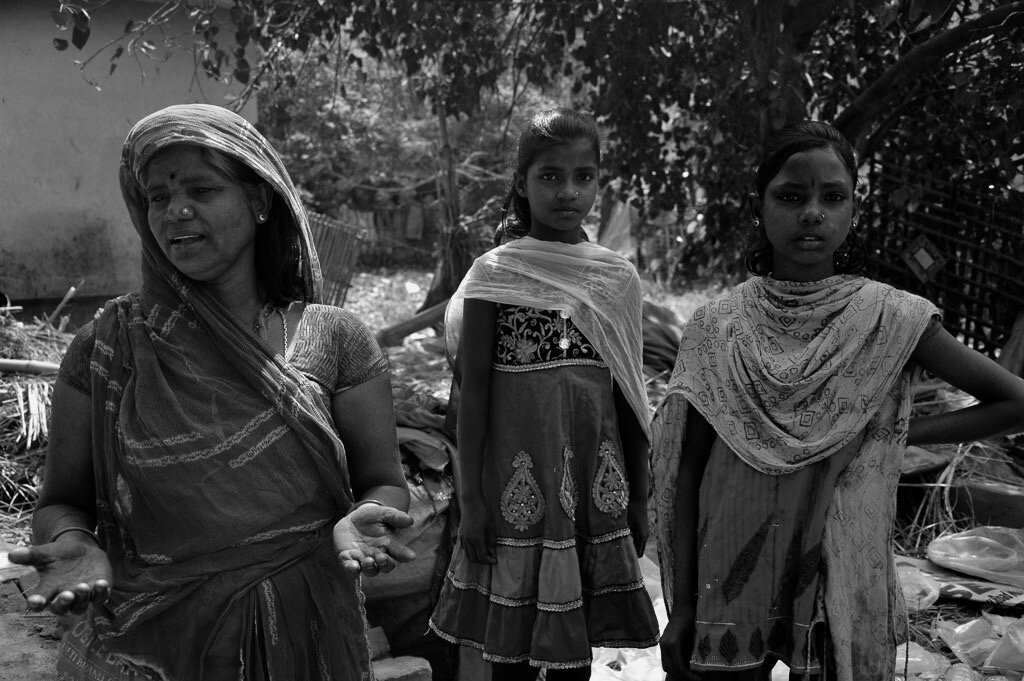An Art Intervention.
by Gerhard Bär
Social Plastics is an art intervention and non-profit society promoting humanitarian and sustainable development in line with the Sustainable Development Goals (SDG’s) of the United Nations through the implementation of social projects.
The transfer of technology and expertise related to the recycling of plastic waste allows for a development of local and informal humanitarian recycling systems, while simultaneously promoting the reduction of environmental pollution and raising awareness. People are empowered to achieve sustainable economic independence through direct plastics processing and value added, hence promoting the societal development of local communities.

Damaskus, Syria 2010

Damaskus, Syria 2010

Galeana, Mexico 2018


Pyongyan, North Korea 2015

Patna, India 2016
Social Plastics goals
Poverty reduction, societal and economic development, social responsibility and environmental awareness
Social Plastics is designed as a short-term intervention, using its financial resources to provide the technology, impart expertise on the plastics processing and provide a conditional basic income to project participants
Impressions Damaskus, Syria 2010
Focused on Humanitarian Cooperation
.
People are empowered to achieve sustainable economic independence through direct plastics processing and value added, hence promoting the societal development of local communities
Focused on People.
"We are determined to put an end to poverty and hunger in all their forms and dimensions, and to ensure that all people can fully realize their potential in dignity and equality and in a healthy environment."
- UN General Assembly Resolution, 2015
The Technique
Lightweight plastics, primarily packaging waste, consisting of polyethylene and polypropylene, are suitable for direct reuse within the project.
The simple technical process of plastic processing ensures project participants the development and immediate production of individual items for the local community. Furthermore, the creation of vernacular recycling objects1 for the global market is intended in order to refinance the local and global Social Plastics platform. In this way, sustainable economic independence and poverty reduction can be achieved. It also promotes the social development of local communities and their cohesion. Based on the developmental economic idea of microfinance, Social Plastics promotes regional innovation and, in the long term, enables independent economic self-realization with positive externalities for the environment.
Two Levels of Intervention.
Micro level. The people and the environment are uncompromisingly at the heart of the project. Building local, humanitarian recycling systems, Social Plastics promotes the reuse and direct recycling of plastic waste through the transfer of technology and expertise. Local groups in developing countries will be enabled to work with this almost limitless resource of plastic waste in the area to create a substantial value added. The prerequisite hereby is the sufficient knowledge transfer of the exact region-dependent composition of the plastic material and related technical knowledge, which will be delivered through interactive workshops.
Macro level. The organization and coordination of individual projects, their external financing, as well as access to a global market are ensured by networking with an international platform under the umbrella of the non-profit society Social Plastics.
Social Plastics also offers an extensive network of experts in the fields of politics, art and science. An effective implementation can therefore be sustained to the overarching goals through the strategies and network communication on the international Social Plastic Platform.
Cooperation.
For the smooth implementation of the project, cooperation with local organizations and institutions in the target regions are indispensable. These collaborations enable the minimization of linguistic and cultural barriers and enable a rapid and effective implementation of Social Plastics on the ground.







